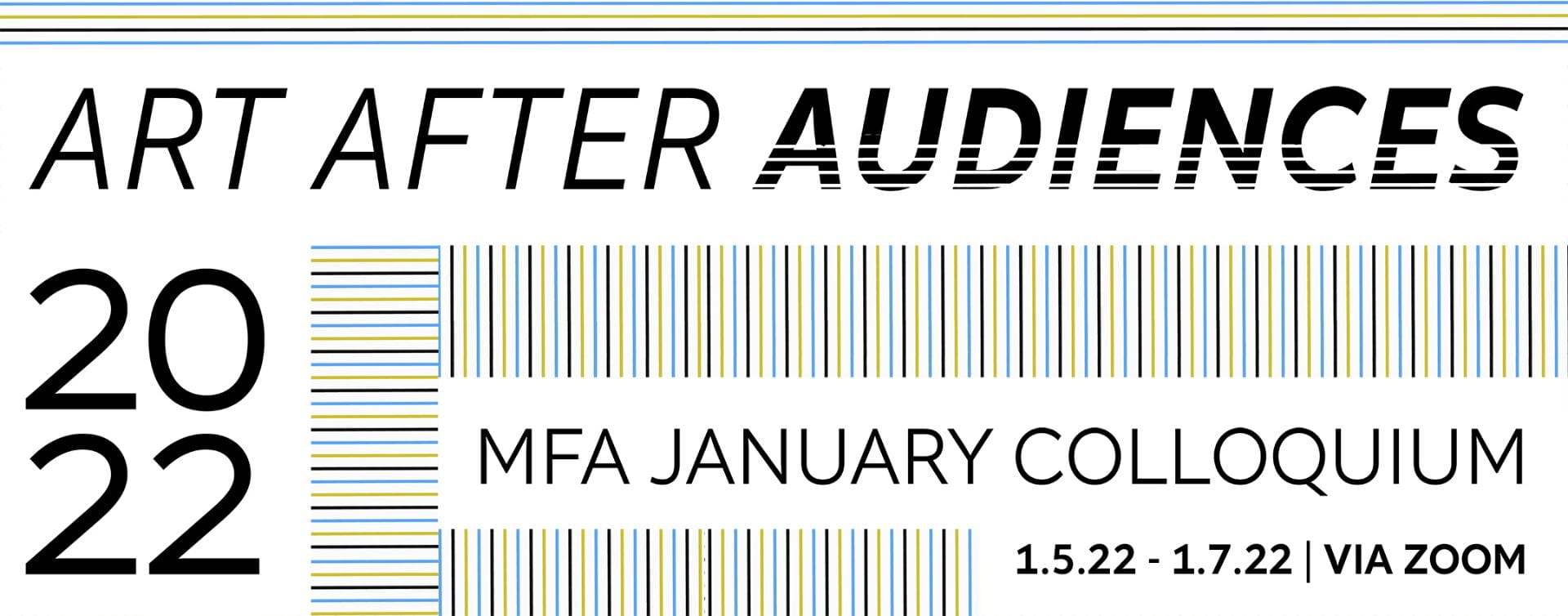
2022 MFA JANUARY COLLOQUIUM: Art After Audiences
An encounter examining recent transformations in art spectatorship, dissemination, and engagement. During five consecutive days, graduate students, established artists, faculty and theorists, will gather online and share their work, ideas and experiences focusing on the changes brought by virtuality and the suspension and rearrangement of the art experience over the last two years.
2022 COLLOQUIUM PROGRAMMING:
*Several video recordings are password-protected, with a single password that was sent to current students from the graduate programs office.
Members of the public who are interested in viewing the password-protected recordings of the discussions, workshops, and other programming from the Art After Audiences colloquium should contact the MassArt graduate programs office at gradprogram@massart.edu.
BABY BLUE MASKS NOT ALLOWED:
MARIA ANGÉLICA MADERO AND CAMILO PACHÓN
OPENING EVENT: WEDNESDAY 1/5/22 | 6-8pm EST | VIA ZOOM
*Open to the Public
Masks are everywhere. More than ever we are aware of the architecture of our faces, from face coverings, to facial grids on zoom, to respiratory machines, masks in manifestations, face filters, and surveillance. The mask manifests the tension between the outside and the inside, through ideas of containment, prevention, protection, communication and restriction. Join us in this ritual to discuss the performative space of virtuality, in-between the mask and our skin. Presentation by Maria Angélica Madero and Camilo Pachón.
*Participants are encourgaed to view ARCHIVE DELIRIUM / CULE E’ ARCHIVO prior to the opening event.
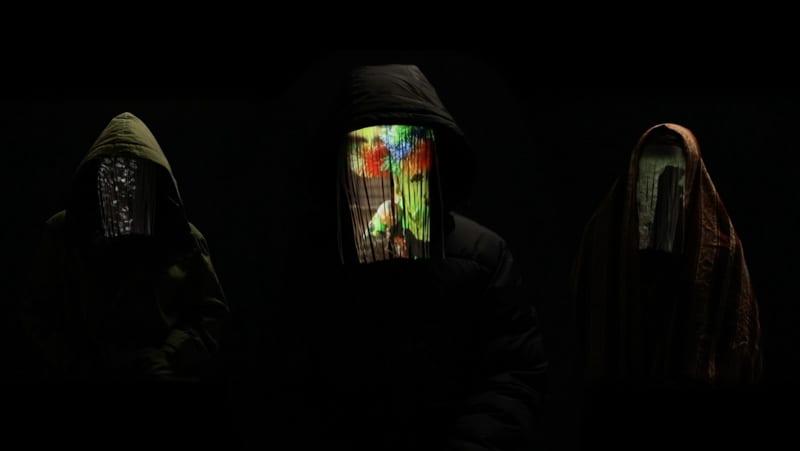
JANUARY COLLOQUIUM STUDENT WORKSHOPS
THURSDAY 1/6/22 | 1:30-4:45pm | BLOCK 1: 1:30-3pm / BLOCK 2: 3:15-4:45pm
*Open to MassArt Graduate Students / Required for all MFA-LR students
Led by Juan Obando and Amy Giese
All students chose two workshops: one in block 1 and one in block 2.
Recordings of Juan Obando’s workshop videos are available at right; recordings of Amy Giese’s workshops were sent privately to participants. Contact Amy at atjustman@massart.edu to request recordings and notes from her workshops.
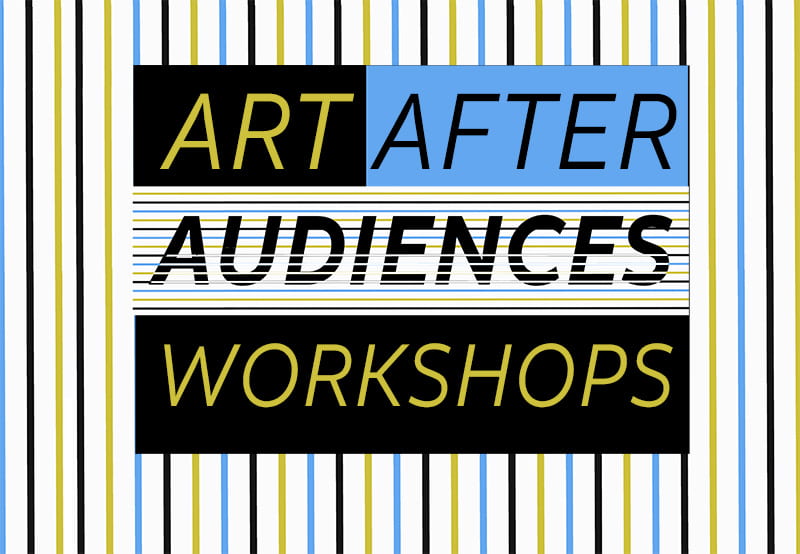
ART AFTER AUDIENCES STUDY GROUP
THURSDAY 1/6/22 | 6-8pm EST | VIA ZOOM
*Open to the Public
Join MassArt’s MFA Low-Residency program co-coordinators Juan Obando-Echeverry and Amy Giese for a study group exploring the themes and materials presented in the 2022 MFA January Colloquium: Art After Audiences.
STUDY PACKET:
- Laurie Anderson: fifth Norton Lecture The City | Spending The War Without You
- Models Are Real by Olafur Eliasson
- The Image-Object Post Internet by Artie Vierkant
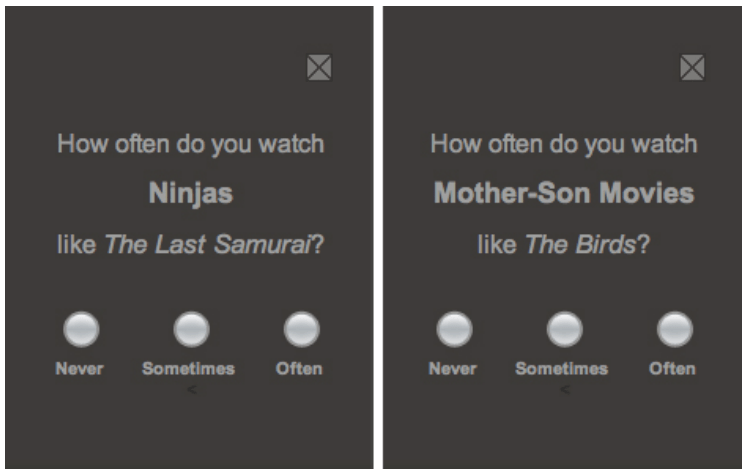
ART AFTER AUDIENCES ROUNDTABLE
FRIDAY 1/6/22 | 2-4pm EST | VIA ZOOM
*Open to the Public
Join us for a public roundtable discussion with Julieta Gil and Violet Forest, moderated by MFA: Fine Arts Low-Residency program co-coordinator Juan Obando on Friday, January 7 at 2pm EST via Zoom. This conversation will focus on the challenges and developments faced by the artists in the past two years, the tensions between analog/physical experiences and digital/virtual ones, and the effects of these forces on the professional arena of contemporary art.
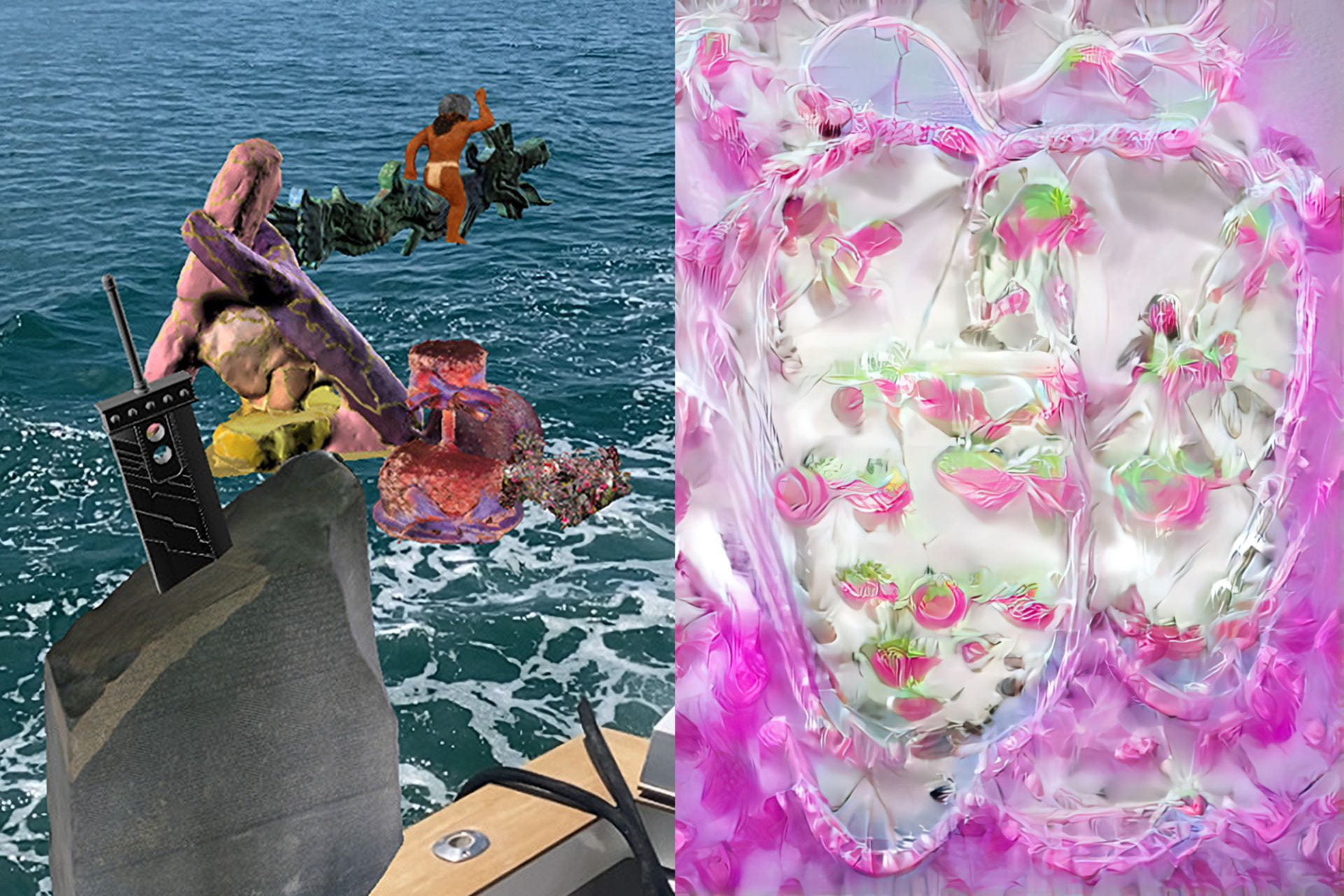
ART AFTER AUDIENCES KEYNOTE LECTURE:
CARLA GANNIS: A PLACE OF ONE’S OWN
FRIDAY 1/7/22 | 6-8pm EST | VIA ZOOM
*Open to the Public
Carla Gannis will talk about virtual placemaking and the evolution of her social arts practice over the past two years through creating, curating, and participating in social VR and blockchain experiences. Bodies, landscapes, architecture, and worlds in virtual space can become sites for discourse and evaluation of cultural tropes, social meaning, and the repositioning of identity in an increasingly mixed reality world. When virtual space becomes “place,” new paradigms for collective and personal meaning can be constructed and instantiated.
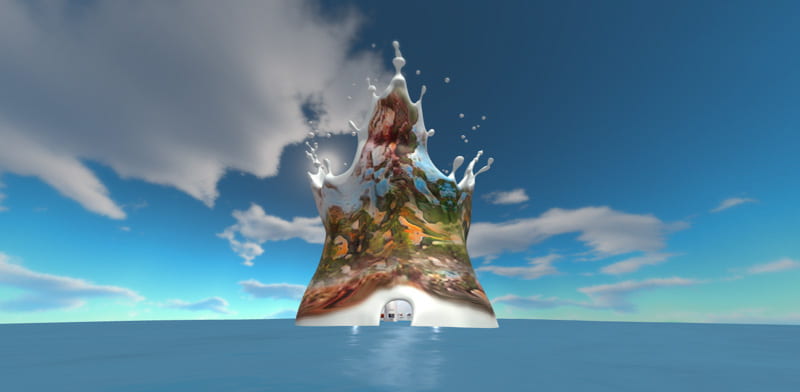
2022 COLLOQUIUM VISITING ARTISTS + SPEAKERS
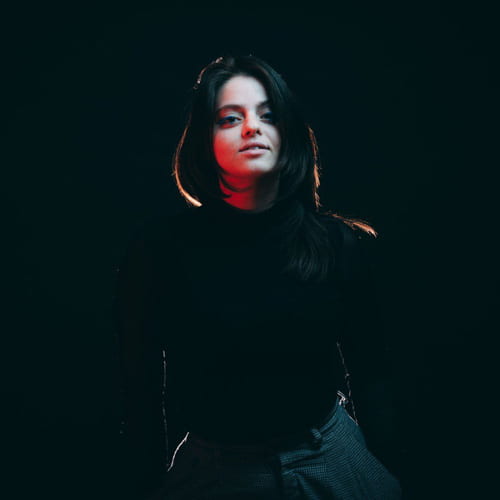
Violet Forest (Violeta López, b. 1990) is a digital artist / creative technologist and cofounder of cybertwee. She completed her Masters in Fine Arts at the School of the Art Institute Chicago (2016) in the Art & Technology program and has worked as a UX Design Technologist and front-end developer. Her practice involves working creatively with emerging technologies and tools such as VR/AR, 3D, GAN art, computer vision, and web art. Currently she is focusing on minting her work as NFTs on Foundation and Hic et nunc.
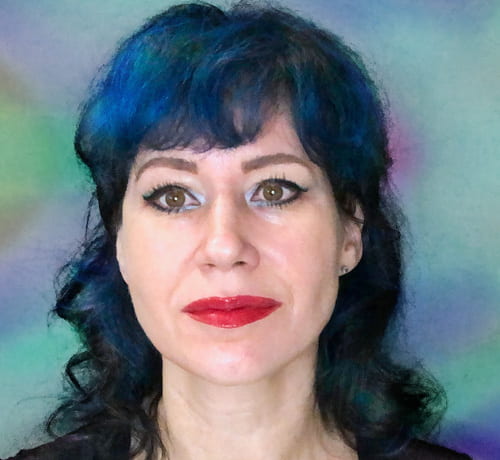
Carla Gannis is an transmedia artist based in Brooklyn, New York. She produces works that consider the uncanny complications between grounded and virtual reality, nature and artifice, science and science fiction in contemporary culture. Fascinated by digital semiotics, Gannis takes a horror vacui approach to her artistic practice, culling inspiration from networked communication, art and literary history, emerging technologies and speculative design. Gannis’s work has appeared in exhibitions, screenings and internet projects across the globe. Gannis holds a BFA and MFA in Painting from the University of North Carolina at Greensboro and Boston University, respectively. Currently, she is Industry Professor at New York University (NYU) in the Integrated Design and Media Program, Department of Technology, Culture and Society, Tandon School of Engineering. She is a Year 7 Alum of NEW INC, in the XR: Bodies in Space track, New York, NY.
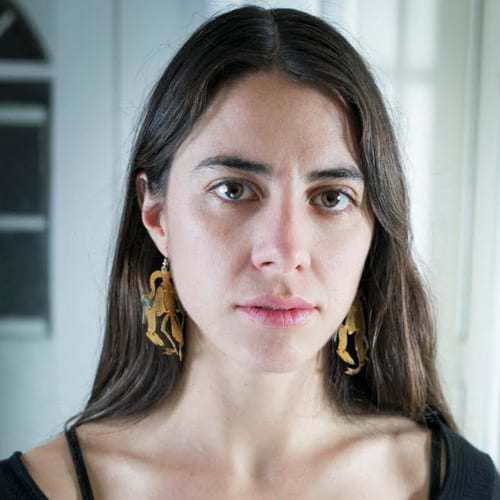
Julieta Gil is a visual artist based in Mexico City. She holds an MFA from the Media Arts program at UCLA. In 2020, she received the Lumen Prize for Art and Technology, Gold Award. She was a grant recipient of Mexico’s National Fund for Culture and Arts in the field of art and technology research and production, 2015-16. Her work has been presented in museums and galleries internationally. Gil’s creative research incorporates three dimensional form. Whether it’s creating installation, sculpture, 3D renderings or animation, she works with computers as means to reflect on how we are altered by the digitization of our material existence. She’s interested in the overlaps that occur in the interaction between physical and digital realities. Through her work, she creates narratives that reflect upon institutional pasts, presents, and futures. Her work touches upon ides of feminism, subversive technologies, fiction and memory and how these can be used to resignify, reimagine and reshape our understanding of institutions, and monuments to be more precise.
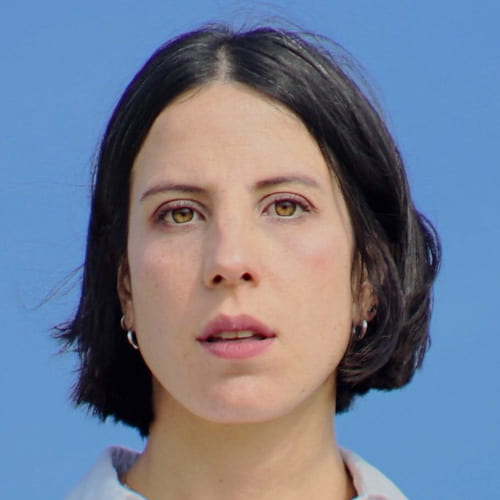
María Angélica Madero is an artist interested in virtuality and the materiality of language. She’s Founding Faculty at London Interdisciplinary School, a new university based on a radical approach to interdisciplinary education. Maria Angélica has been part of several collectives such as UHIM (Heterogeneous Unity of Moving Images), (Play)ground-less, Carnaval Digital and No te oigo (contemporary music). Recent shows include Design in an age of crisis, 2021 (London Design Biennale at the Somerset Gallery) Facing oneself, 2021 (Surrey Art Gallery, Canada), Escaleras futuras, 2020 (El Parqueadero, Museo del Banco de la República de Colombia) Simbiosis Entrópica, 2020 (Museo de Arte de Pereira, Colombia), Wrong Biennale, Megalith, 2019 (curated by Metameth Labs, Svalbard, Norway). She is interested in participation, emancipation, and social transformation through education. From 2015 to 2020 she was Head of Art at El Bosque University..
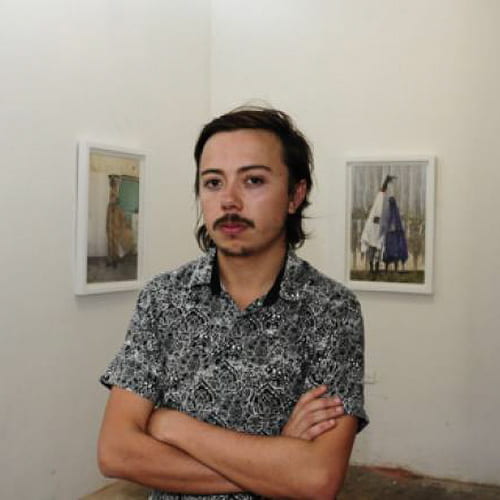
Camilo Pachón is a multidisciplinary artist based in Bogotá, Colombia, who explores the ritual, political, spiritual and transformative dimensions of the mask as an ever-present cultural artifact. His work uses the ancestral technology of mask-making to open doors for identity shifts, the exploration of agency, freedom, sexuality, and the relationship between body and nature. His work is socially engaged and spans a wide range of mediums and formats, from photography and film to performance and installation. For over 8 years, Camilo has traveled throughout the Caribbean and the streets of Barranquilla (Colombia), investigating the traditional costumes and carnival culture, the spiritual, socio-political and cultural implications of celebration as a form of public assembly. Camilo has exhibited his work in Colombia, as well as internationally in countries including Germany, United States, Spain, France, and Switzerland. His work is an anthropological exploration of unlikely contexts, in which the viewer is immersed in a universe that goes beyond the image, embodying rituals, spiritual characters, and other-worldly symbolisms.
